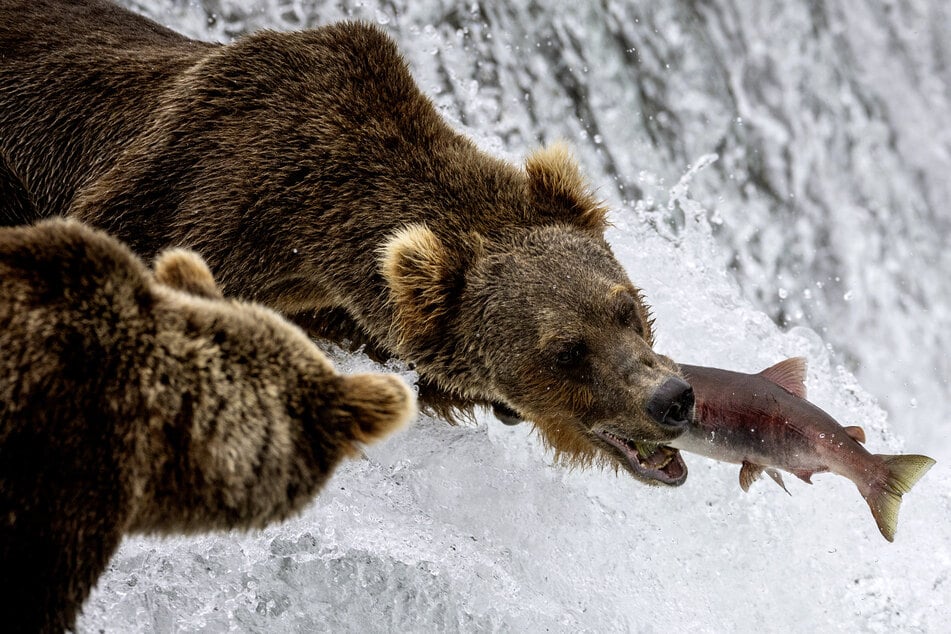Trump's axed wildlife protections being slowly restored
Washington DC - A set of wildlife regulations weakened by Donald Trump are being restored by President Joe Biden's administration in addition to further protections for endangered species and their habitats.

The new rules were touted as evidence of Biden's commitment to tackling climate change, though some environmental groups said the changes fell short of fully resurrecting necessary protections.
"These revisions underscore our commitment to using all of the tools available to help halt declines and stabilize populations of the species most at-risk," Martha Williams, director of the US Fish and Wildlife Service, said in a press release.
The changes include the reinstatement of a rule that classifications of endangered species and habitats should be made without reference to the possible economic impacts of that definition.
But some environmental groups complained that the Biden administration had failed to reverse all of the changes made by then-president Trump in 2019, setting the path for further harm to wildlife.
"The Biden administration had the opportunity to fully reverse the damage inflicted upon the Endangered Species Act and the imperiled species it protects, but only got partway there," Drew Caputo, a lawyer for EarthJustice, said in a statement.
Ben Jealous, executive director for environmental group Sierra Club, also called on the US government to go further to "end the nightmare Donald Trump created for wildlife."
"At this moment, we should be listening to scientists and acting urgently to save biodiversity, not letting Donald Trump’s gutting of environmental safeguards and sellouts to Big Business stand," Jealous said in a statement.
Main US wildlife protections go back to the 1973 Endangered Species Act
The US's main wildlife protections were supported by the 1973 Endangered Species Act, which was credited with saving many iconic American species, until Trump's administration weakened some measures in 2019.
The changes included modifications allowing companies to build roads, pipelines, mines, and other industrial projects in areas designated as "critical habitat" for a species.
The 1973 Act had been linked to the resurgence of the gray wolf, which saw its population decimated in the early 20th century, but staged a remarkable comeback thanks to the law and is now legally hunted in the Northern Rockies.
Cover photo: JOHN MOORE / GETTY IMAGES NORTH AMERICA / Getty Images via AFP
